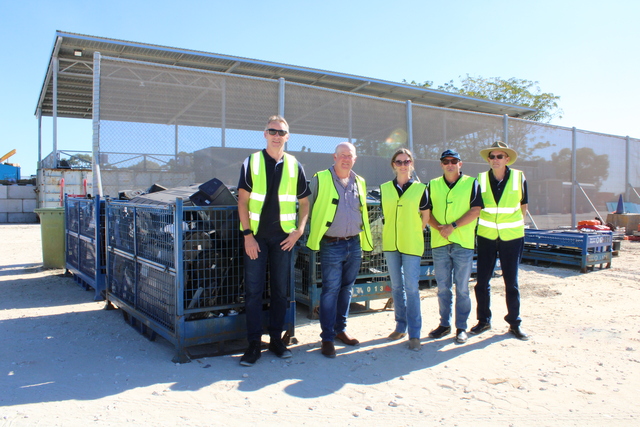The Australian Sports Commission’s (ASC) Disability Education Program has been conducting disability awareness workshops with local service providers for three years. In that time, never has a service provider put up their hand and said they openly do not provide for people with disabilities or welcome them into their programs.
Many admit to not having any people with disabilities integrated into regular programs. A major reason for this is simply that people generally only act in response to complaints, and complaints are few and far between!
Is this because there is little to complain about or because we have all been socialised into accepting the inconvenience of inaccessible facilities? The fact remains that many access issues in sport and recreation remain ignored for people with disabilities.
So what are the barriers? Typically, the physical barriers are often cited as the most important issue. However, the attitude of service providers toward inclusion can hold the key.
Without a positive and open attitude, physical access barriers will invariably be given as the red herring reason for exclusion. Although it is the most difficult barrier to identify and address, positive attitudes are critical to successful inclusion.
There are programs and resources available that do just that. What these programs do is deflect the focus away from individual impairment to environmental handicap.
This is based on the concept that while service providers regard access and equity issues as primarily ones concerning individual pathologies, their ability and their attitude toward creating equitable services is compromised.
Similarly, there are some excellent resources available that address the physical barriers facing people with disabilities in sport and recreation.
A recent publication by Sport and Recreation Victoria, called Access for All, is the most comprehensive guide to the design of accessible indoor and outdoor recreation and sporting facilities ever produced in Australia.
What this resource clearly highlights is the diversity of access needs in the community. Access is much more than the ramp and the toilet!
The ASC’s Disability Education Program specifically examines the practical how’s and why’s of inclusion through the Willing and Able, PE and Sport for Young People with Disabilities project and the Coaching Athletes with Disabilities Scheme.
Short courses are available around the country. They can be tailored to organisational or group needs and address a range of issues to do with access and equity in sport and physical activity.
Initial contact for the Disability Education Program should be through the ASC
Disability Education Program
Participation Division
Australian Sports Commission
PO Box 176
Belconnen ACT 2616
Telephone (02) 6214 1792
Fax (02) 6214 1640.







